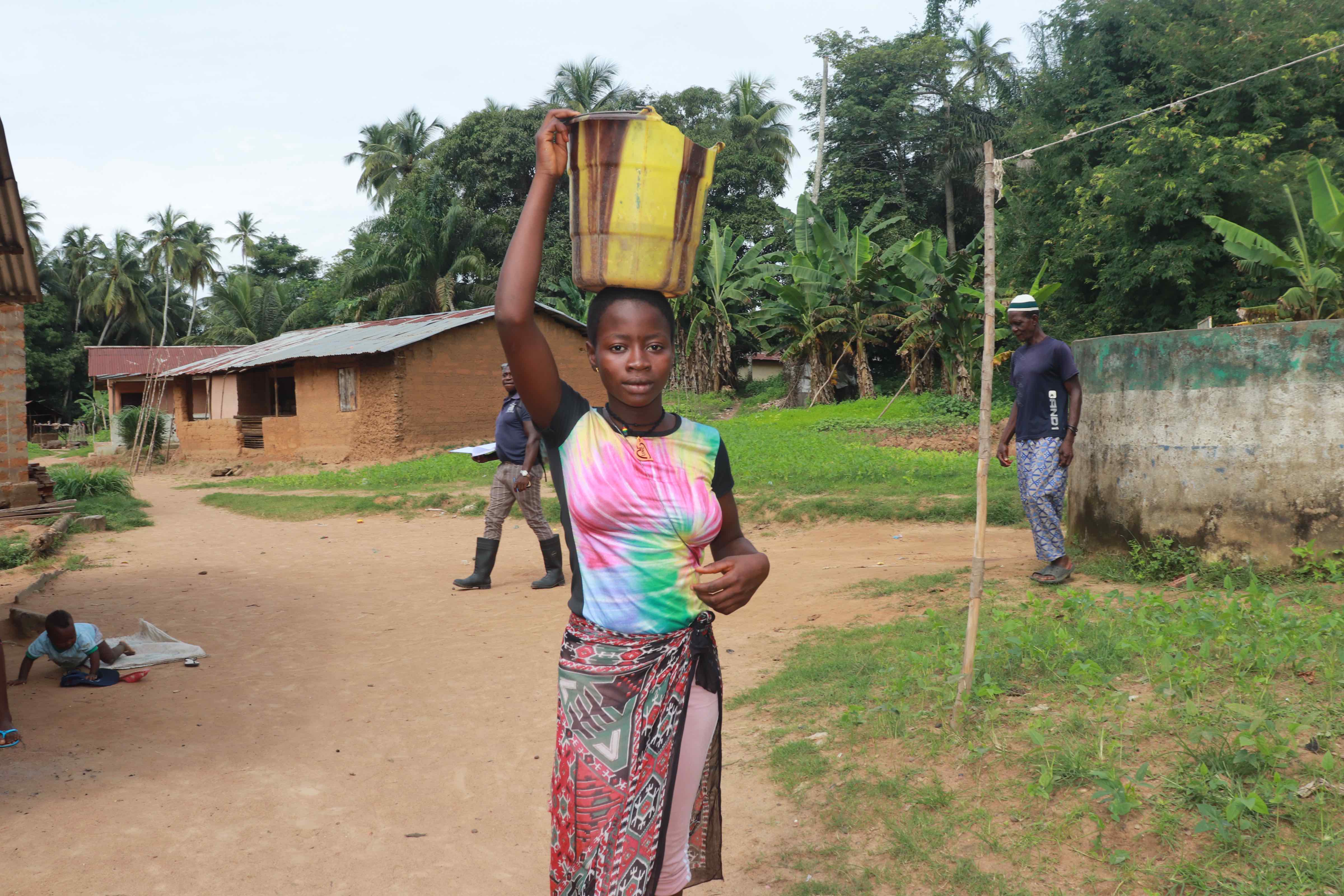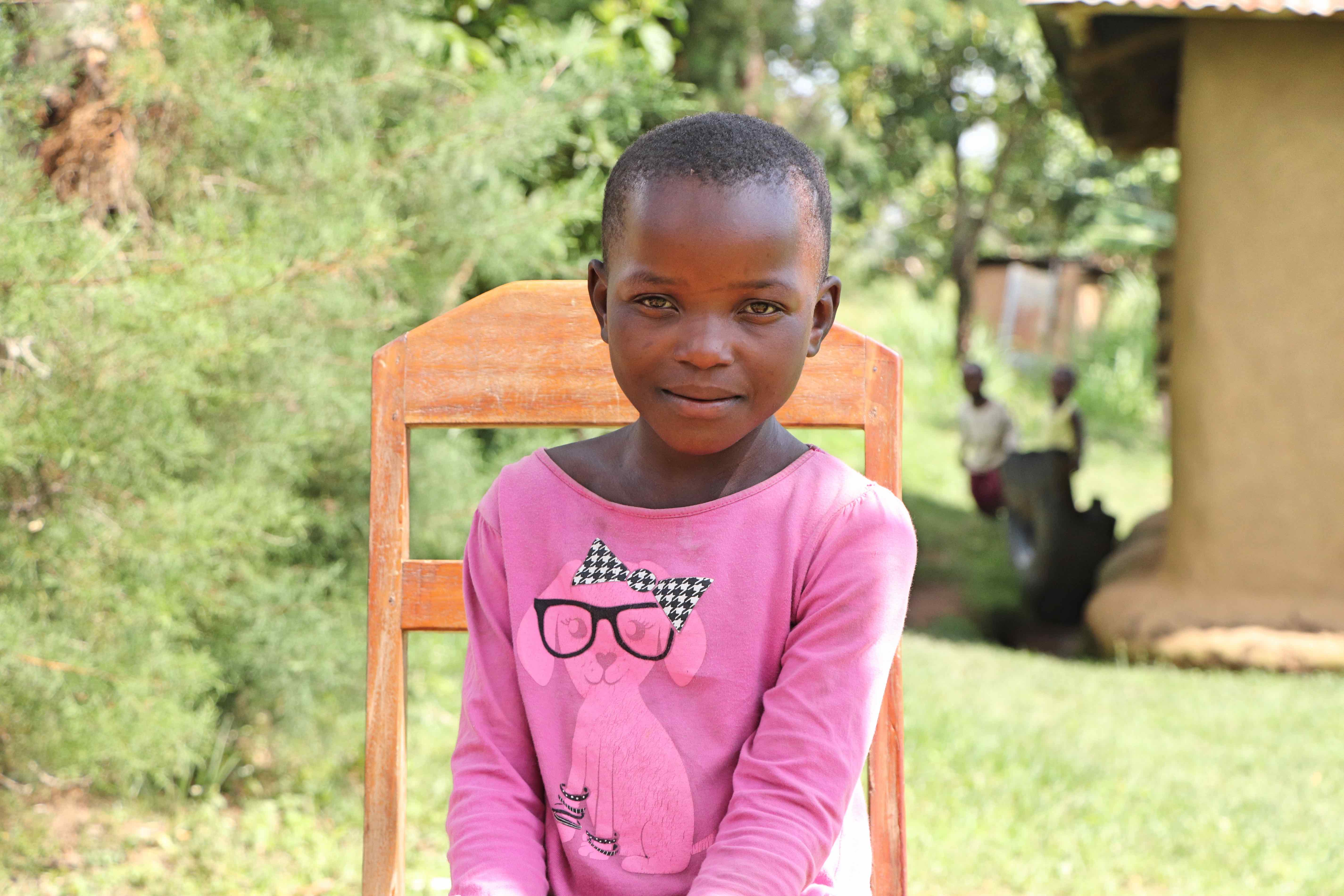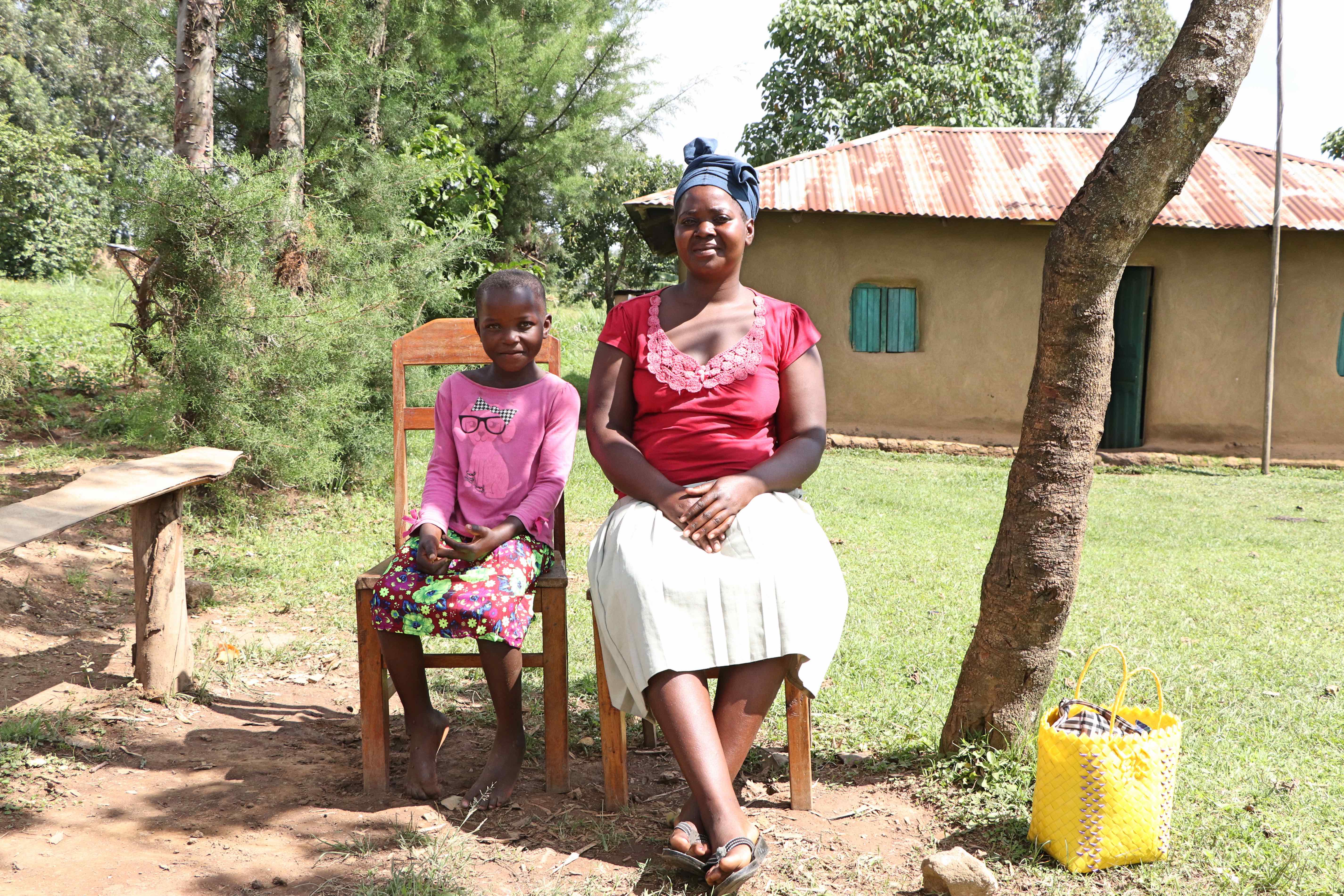How Clean Water Empowers Girls
The global water crisis impacts millions of families, but the burden is heaviest on women and girls. We are especially mindful of that fact with the upcoming International Day of the Girl Child on our collective calendar. The United Nations established this day to recognize the accomplishments made by girls around the world despite physical and cultural barriers that stand in their way.
It’s easy, when thinking about the fate of girls worldwide, to become discouraged. After all, the problems facing girls today are considerable. In sub-Saharan Africa, it’s often women and girls who bear the brunt of water-fetching labor.
“The women and children are highly affected…since they are the ones that go to collect water,” said Susan Alobo, one of our field officers working in Uganda, where instances of gender-based violence are still high. “The women are at times beaten by their husbands for…failing to accomplish the daily activities for the day in time.”
“All household chores are the responsibilities of the girls and women,” said Memunatu, a girl who lives in Sierra Leone.

Memunatu carrying water.
“Cooking, fetching water, sweeping, and doing laundry are jobs that I am expected to do,” Memunatu continued. “My brothers and everyone in the home leaves all that work to me and my mother. I get very upset because I see my brothers playing football while I do all the work. I pray for a way to get away from my family.”
We’re currently planning to implement a water project in Memunatu’s community, Upper Benkia.
One of the best ways to inspire hope for girls is by providing them with clean, safe water.
When their health improves, girls are better able to dream and plan. Their outlook on the future shifts. Possibilities that once seemed out of their reach edge ever-closer. Some even feel empowered to raise their voices against norms that have left them unable to inherit property, lead their communities, marry who they wish (if they wish), and live without fear of physical harm from the people in their lives who hold power.
Girls are finding their own ways to navigate these challenges. For instance, Lavender, who is ten years old and lives in Kenya, plans to pay her own school fees using her community’s new protected spring.

Lavender outside her home.
“It (the protected spring) will help me start my own poultry farm,” Lavender said. “I’ll [focus on] ducks, because they love a watery environment.”
We followed up with Lavender a few months after the completion of the protected spring and asked her how her idea is coming along. “‘So far so good, with the chicken we have, my sister and I are able to get some eggs once in a while, which I really enjoy eating. Rearing chicken is now much more easier since we have easy access to clean water, which the chicken needs daily. I would love it even more if there were many more chickens running around our compound.”

Lavender and her mother, Sheila.
But Lavender’s dreams don’t stop there. “I would like to become a teacher just like my favorite teacher in school, Mrs. Beatrice, who teaches me English. I like how she talks and how she treats us in school. She also tries to ensure that we understand what she teaches.”
We asked Lavender what she is proudest of in life, and she said, “My family. This is because we love one another, and our parents work so hard to provide [for] our basic needs. I am also proud of my education and how far I have come to grade two.”
Lavender’s story inspires us. But it also reminds us that access to clean and reliable water is one step on a long road toward better and longer futures for girls like Memunatu and Lavender.
Home More Like ThisTweet